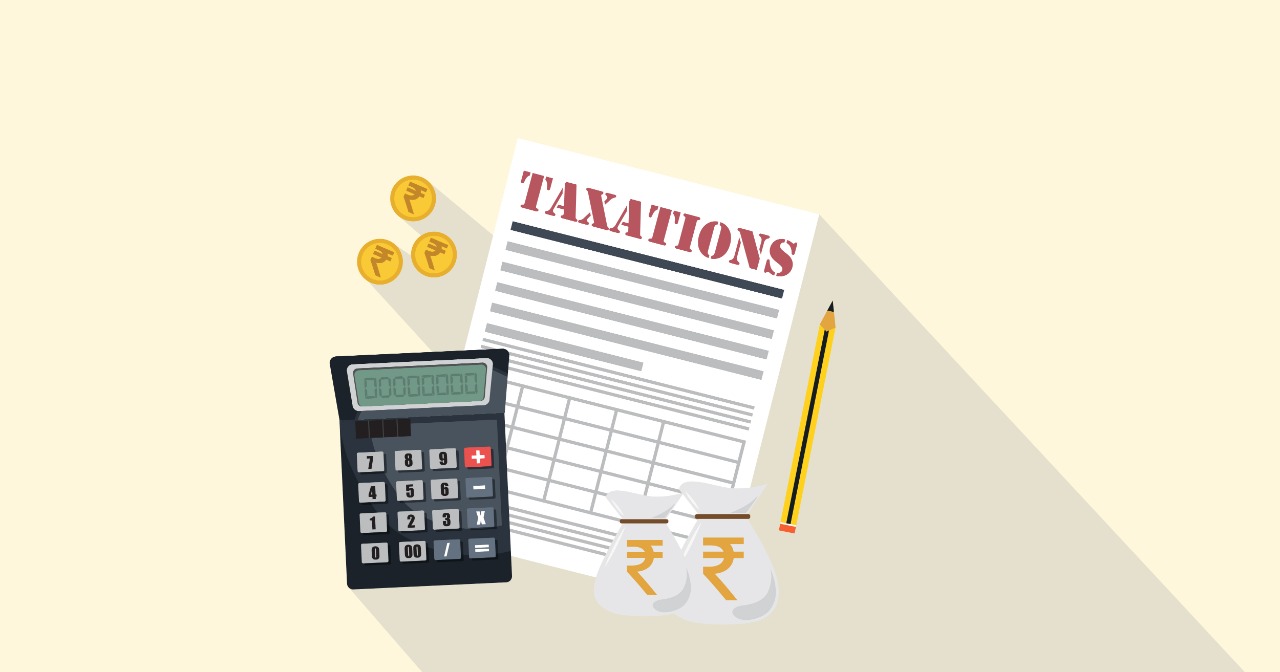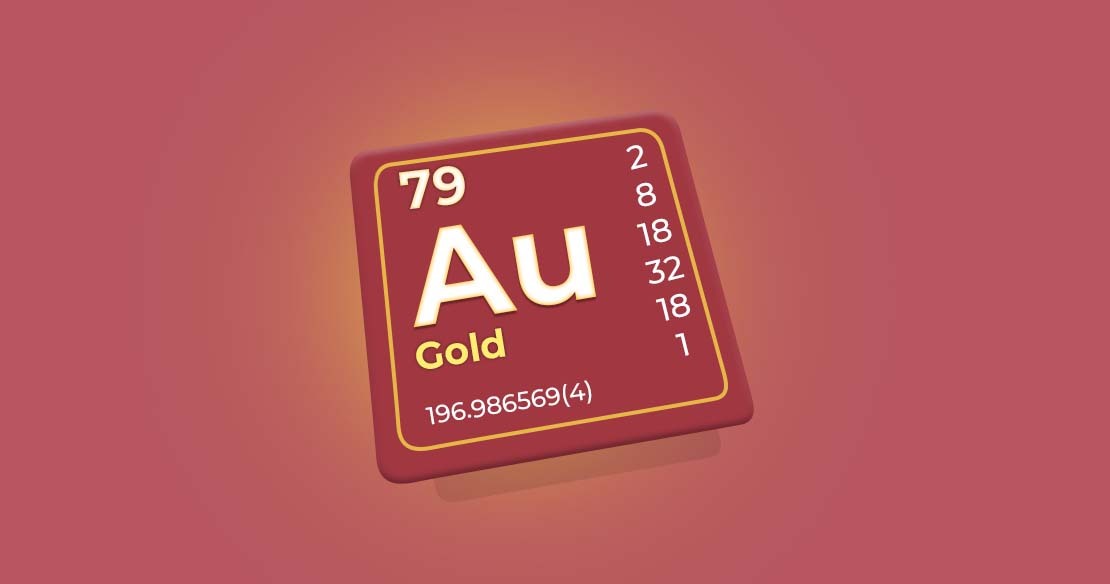
- 25 Feb , 2022
- Blog
All You Need To Know About TAXES ON GOLD
Times and mediums may change but the only thing constant is the constant growth gold has given to investors on a longer horizon.
It’s not hard to see why it has been called a safe investment as it has always supported investors to hedge their portfolios even in the most challenging times like COVID.

Prices have risen significantly in recent years as a result of market volatility. Investors buy gold because it is more trustworthy than other investments and currencies, which are no longer linked to gold but continue to decline as a result of inflation.
In the past, it simply meant purchasing physical gold but talking about gold investment today, we have more options to invest in gold than ever before.
Nowadays, one can choose from different options to suit their risk appetite; for example, digital gold is a form of investment that enables an investor to buy and sell contracts without having to hold or store any actual physical bars, then there are gold bonds for extremely long term investors, Gold ETFs which are managed by mutual fund managers &, etc.
However, this does not mean it is without peril, as many unforeseen tax implications may come into play later on down the line. We know that can be a time-consuming process that is not easy to digest on the actual income tax website.
So here we have summarized gold taxation on all the different ways to invest in gold that you can save in, depending on your desired outcome and how much risk you’re willing to take.
1. Physical Gold Taxation
2. Paper Gold Taxation
3. Digital Gold Taxation
1. Physical Gold Tax Rate
Physical gold bars, coins, necklaces, and other jewelry are subject to a 20% tax rate in addition to a 4% cess on long-term capital gain tax on their income if the profits they make from selling their primary residence.
What are the Taxes on Buying Gold?
While you buy gold, different rates of Taxes are applicable. The following are the current rates for buying new gold jewelry:
6 % Customs Duty (on gold import as per recent budget 2024)
3 % GST on the price of gold used in the jewelry.
5 % GST on the making charges.
*Gold is also subject to Customs Duty since it is an imported commodity.
What are the Taxes on Gold Sales?
If you sell your gold within 3 years of buying it, this is considered short-term of which the tax will be STCG i.e Short Term Capital Gains Tax which as per the tax slab applicable to the assessee, while gold sold after three years is deemed long-term. & according to budget 2024, 12.5% from 10%, and the tax exemption limit has been increased to Rs. 1.25 lakhs. The short-term capital gains will attract tax at 20% instead of 15% for the FY 2024-25.
2. Paper Gold Tax Rate
Assets such as Gold ETFs & SGB ( Sovereign Gold Bonds) are here termed as paper golds because you always have gold on paper & participate in the growth of prices of gold but you can't get physical gold.
Taxes on Gold ETF
Mutual Funds and ETFs held in your portfolio will be taxed in the same way as physical gold. But if you have a Gold Savings Fund, the profits are taxed differently!
Gold units sold within three years of acquisition are considered short-term capital gains.
Those that go on to sell their gold savings funds after 3 years are considered long-term capital gains (if they’re held for at least 36 months) on top of that there are additional charges which are termed as expense ratio plus an exit load depending on the ETFs.
Taxes on Sovereign Gold Bond
Another form of paper gold is buying SGB a.k.a. Sovereign Gold Bond, which has a tenure of 8 long years (usually comes with a minimum of 5 years of lock-in period). However, you will receive 2.5% a year in interest.
Earnings from interest are categorized as other sources of income and are taxed accordingly.
Any profits you make after investing in bonds for 8 years are tax-free.
In the event of a premature exit, different tax rates apply to bond returns, that is when redeeming bonds before maturity, then LTCG i.e. 20% tax + 4% cess + surcharge is applicable.
Neither GST nor TDS (Tax Deducted at Source) will apply to Sovereign Gold Bonds. However, the interest you receive on these bonds will be charged under the heading Income from other sources. The applicable rate will depend on your income tax bracket.
3. Taxes on Digital Gold
When it comes to Income Tax on selling digital gold in India, it enjoys the same rules and regulations as physical gold. This is because, on the sale of DigiGold, capital gains tax would have been the same as if you had sold physical gold.
Lastly, on the purchase, the digital gold GST rate is also the same as on physical gold.
Conclusion
Imagine you are enjoying the beautiful rainy weather with small sips from a hot cup of tea but suddenly you hear a sound of drop!
Oh, the shade you were in just leaked! And it dripped directly into your cup. Oops, was it all ruined? Did you wish for a warm cup again?
The above example just shows how your investments can be ruined just with a small leakage (in this case it’s Taxes on gold)
Think mindfully, some leakages can be filled and some can be avoided with just a slight change of our position (in this case medium of buying gold i.e - Physical, Paper & Digital Gold)
If you are reading till here & have understood everything about taxes, we recommend you to read our next blog on GST of gold to enjoy your warmth of reserved future, regardless of the leakages.



